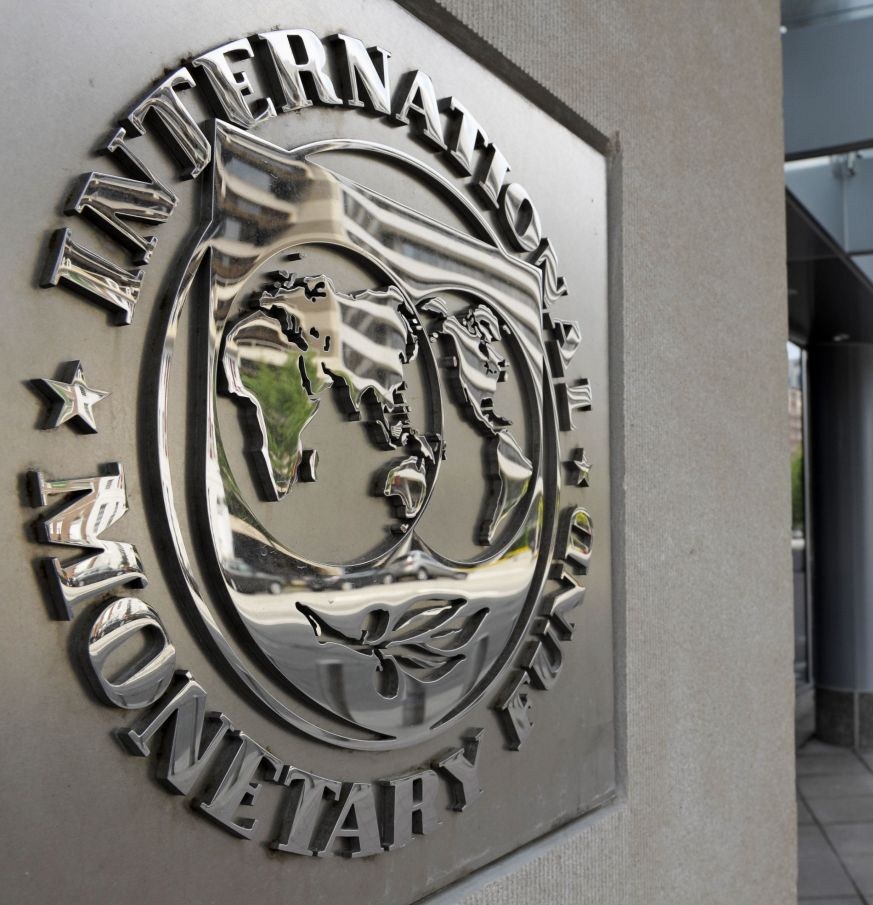The expansion of Guyana’s economy as a result of the exploitation of oil and gas will, no doubt, lead to an overall increase in trade. While this is positive, the International Monetary Fund (IMF) has advised the APNU+AFC Government that it would need to ensure that the customs arm of the Guyana Revenue Authority (GRA) is always on the lookout for possible misuse of exemptions, concessions and duty waivers granted to the sector.
In this regard, it was recalled that the oil agreements that Guyana has with many of the operators and their subcontractors, allow for hundreds of materials and equipment to be imported without duty or any fee being imposed.
The Fund noted that indeed, the GRA tax exemption monitoring unit is in need of a boost in its human resources so that it can manage the increased workload to come.
Further to this, the financial institution said that the way GRA deals with exemptions, concessions and duty waivers must change, in that, it must move beyond merely scrutinizing and approving applications, to a planned programme of monitoring and verification of the use of exemptions by the Tax Exemption Monitoring and Risk Management Units.
It advised that changes should include maintaining accurate records by utilizing the ASYCUDA World System, strong laws and clear regulations, and a robust penalty regime.
The Fund further stated that Guyana would need to update its customs laws that enable modern control and management systems to be used. The Guyana Standard understands that the International Monetary Fund (IMF) has since identified shortcomings and ambiguities in the customs and excise laws and regulations on this front. It is working along with GRA to improve these weaknesses.













